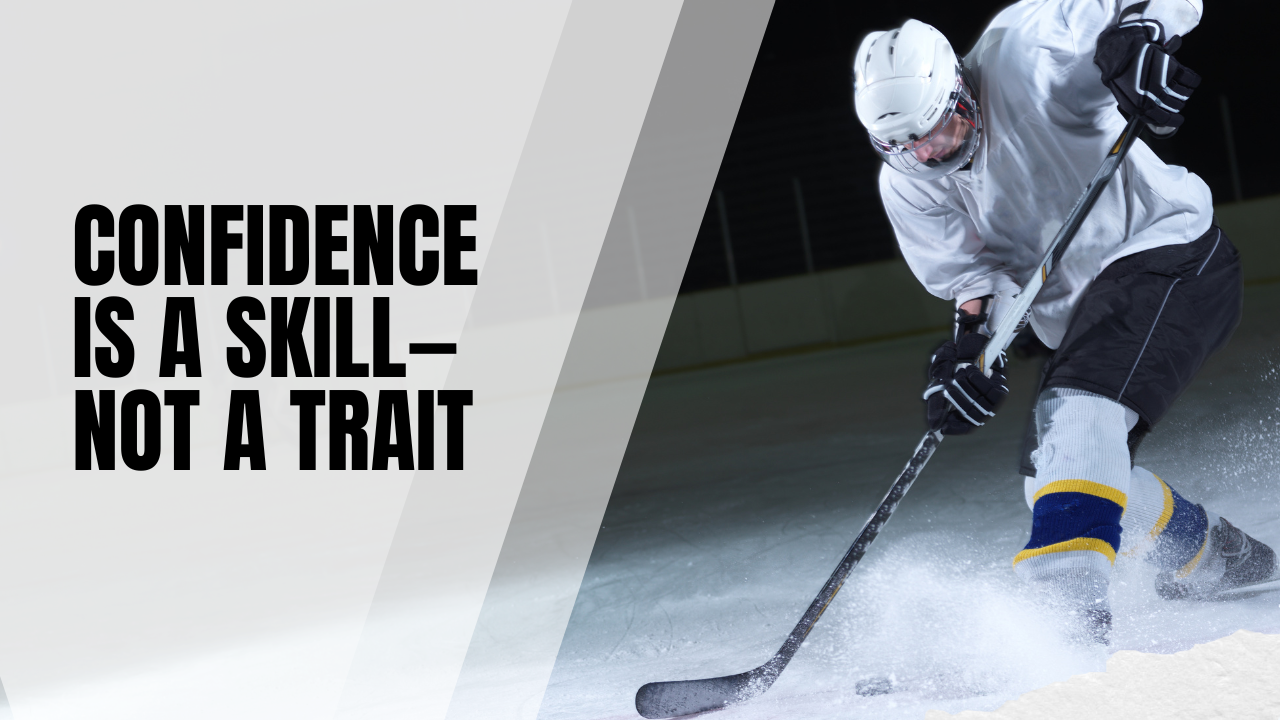
Confidence Is a Skill—Not a Trait
Oct 12, 2025If you’ve ever watched your athlete light up with confidence after a win—and then crumble with self-doubt after a tough game—you’re not alone.
Confidence can seem like a mystery. Some days it’s there. Other days, it’s nowhere to be found.
But here’s something I want every parent and athlete to understand:
Confidence isn’t something you’re born with. It’s something you build.
And just like physical strength, speed, or technique, it gets stronger with repetition.
Confidence Comes from Reps
Think about how your athlete trains for their sport. They don’t just run through a drill once and expect to master it. They do it over and over until it becomes muscle memory.
The same is true for confidence.
Every time your athlete:
- Steps into an uncomfortable situation
- Bounces back after a mistake
- Speaks up at practice
- Tries something new
- Regulates their breathing when they feel anxious
… they’re putting in mental reps that build their confidence.
It’s not about having a perfect mindset. It’s about building emotional muscle memory so they know how to respond when pressure hits.
Confidence Grows in the Hard Moments
It’s easy to feel good when everything is going well. But true confidence is built when things are messy. When the game isn’t going their way. When nerves show up. When self-doubt creeps in—and they move through it anyway.
That’s why it’s so important to create the conditions for confidence to grow:
- Celebrate effort, not just outcomes
- Validate their fears, instead of brushing them off
- Model calm and regulation, especially after tough moments
- Offer tools, not just advice
You don’t need to “fix” their confidence.
You need to help them practice it.
Confidence Is a Process—Not a Personality
If your athlete struggles with belief in themselves, it doesn’t mean they’re not cut out for their sport. It just means they haven’t learned how to train this part of their game yet.
And once they do? Everything changes.
They start showing up differently. Not just in games—but in school, at home, and with their teammates. Because the confidence they build through mental training doesn’t stay on the field. It follows them everywhere.
Want help building your athlete’s mental strength?
My free private podcast Winning Resilience walks parents and athletes through 3 powerful tools to build calm, confidence, and bounce-back skills—without adding more stress to your plate.
Get access here.
